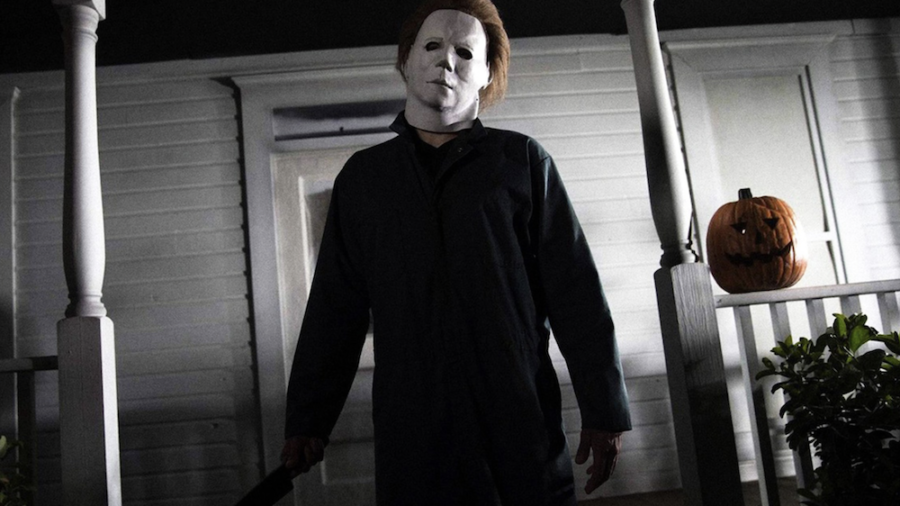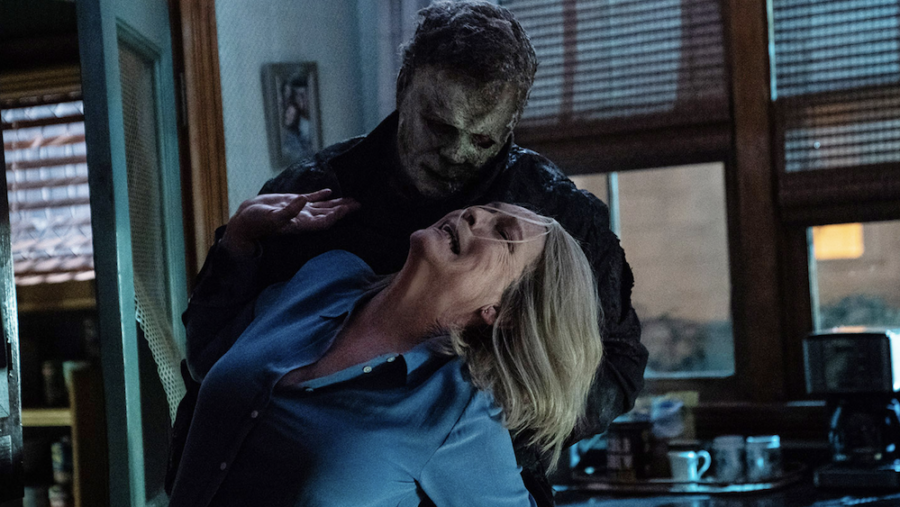Michael Myers Headed To TV With Halloween Series

Following reports of Malek Akkad’s Trancas International Films marketing the TV rights of the Halloween franchise, Deadline has confirmed today that Miramax has officially secured these rights. A comprehensive agreement has been struck between Miramax Television and Trancas, allowing them to jointly produce a Halloween TV series and granting a first look at other international television ventures. The series aims to potentially kickstart a cinematic universe, with Marc Helwig, Miramax’s Head of Global TV, and Akkad closely guiding its creative direction.
The Halloween franchise, including television and streaming rights, has been purchased by Miramax, the studio behind the recent trilogy.
Building on their successful collaboration with the recent Halloween trilogy directed by David Gordon Green, Miramax, and Trancas are eager to leverage their past achievements with the Halloween TV series. Marc Helwig shared his excitement about the prospect of bringing Halloween to the television medium, highlighting the creative opportunities and potential for the iconic franchise in this new format. Additionally, he expressed a strong desire to deepen the partnership between Miramax, Tranca, and Malek Akkad.
Numerous reports have detailed a highly competitive bidding war involving multiple parties, with prominent contenders such as A24 and Miramax vigorously pursuing the sought-after Halloween TV rights. Given that the recent trilogy achieved a global box office gross of almost $500 million, it’s evident why these rights were in such high demand. Despite Halloween‘s original debut more than four decades ago, Michael Myers continues to maintain a dedicated and enthusiastic fanbase.
The expansive Halloween film franchise, which includes 13 titles and is set to expand with the upcoming TV series, began with the 1978 original, a masterpiece co-written and directed by John Carpenter.
At this time, there is no official word regarding the storyline for the forthcoming Halloween TV series. However, the prospect of building a cinematic universe offers a wide spectrum of creative opportunities. This approach would allow a more profound examination of Michael Myers, as well as the opportunity to delve into the development of other characters and the eerie town of Haddonfield.

The expansive Halloween film franchise, which includes 13 titles and is set to expand with the upcoming TV series, began with the 1978 original, a masterpiece co-written and directed by John Carpenter. At its core, the series revolves around the malevolent figure of Michael Myers, institutionalized in his youth for the gruesome murder of his sister. Fifteen years later, he embarks on a murderous rampage through the fictitious town of Haddonfield, Illinois, igniting a harrowing pursuit in which babysitter Laurie Strode (Jamie Lee Curtis) and the determined Dr. Samuel Lewis (Donald Pleasance) emerge as the central protagonists, striving relentlessly to halt his reign of terror.
The development of both the Halloween TV series and the Friday the 13th TV series underscores studios’ strong preference for acquiring established properties in the current entertainment landscape.
A24 may have missed out on securing the Halloween TV rights to Miramax, but they have successfully acquired the rights to develop a television series based on Friday the 13th. This series, titled Crystal Lake, is in the works for Peacock, the streaming platform owned by Universal, and is anticipated to debut in 2024. Notably, Adrienne King, the original final girl from Friday the 13th, is set to have a recurring role in the show.
The development of both the Halloween TV series and the Friday the 13th TV series underscores studios’ strong preference for acquiring established properties in the current entertainment landscape. Launching new franchises has become increasingly challenging in an era marked by audience fragmentation and heightened competition among streaming platforms. As a result, studios are actively seeking to secure rights to well-known and beloved intellectual properties as a strategic move to tap into pre-existing fan bases and mitigate the risks associated with introducing entirely new concepts.












